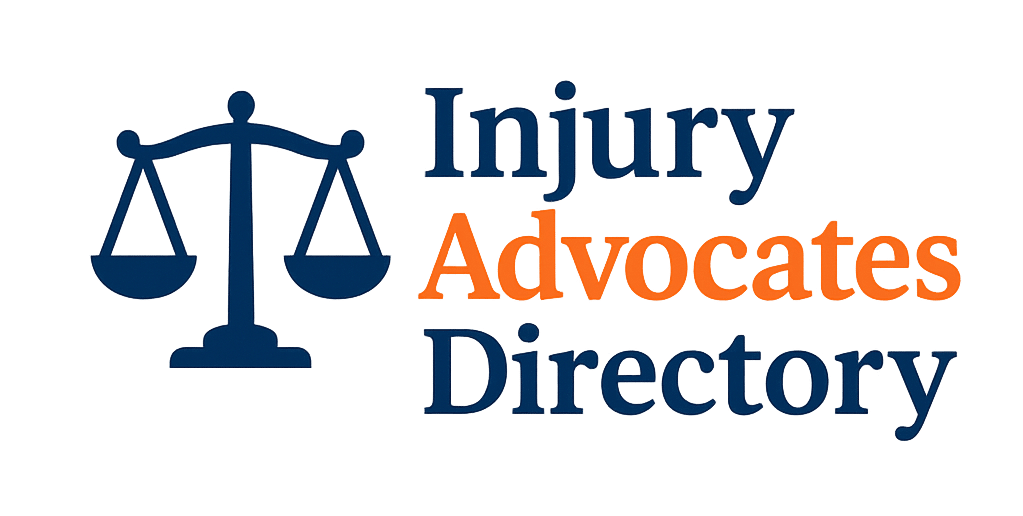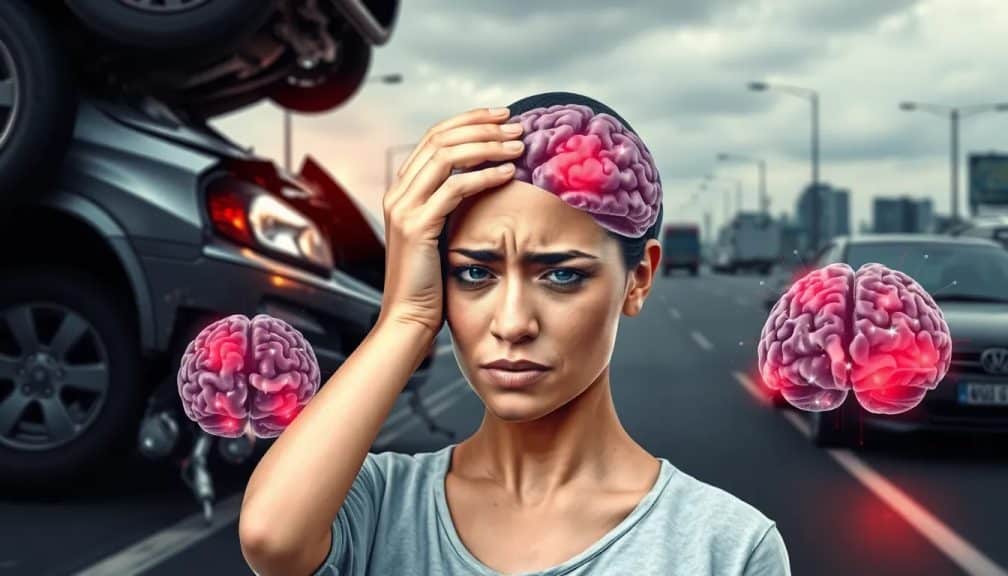Motor vehicle accidents are a leading cause of traumatic brain injuries (TBI), significantly impacting the lives of victims and their families. Understanding the link between brain injuries and car accidents is crucial for prevention, diagnosis, and treatment.
These injuries can range from mild concussions to severe brain trauma, and recognizing the symptoms early can be a game changer for recovery. In this article, we will explore various aspects of brain injuries resulting from car crashes, including types, symptoms, long-term effects, and compensation options.
What are the types of traumatic brain injuries caused by car accidents?
Car accidents can result in several types of traumatic brain injuries, each with varying severity and implications. The most common types include:
- Concussions: Often characterized by temporary loss of consciousness, confusion, or headaches, concussions are one of the most frequent injuries in car accidents.
- Skull fractures: These occur when the skull is subjected to significant force, potentially leading to severe complications, including brain hemorrhage.
- Contusions: These are bruises on the brain that result from direct impact, leading to swelling and bleeding within the brain tissue.
- Diffuse axonal injury: This severe injury occurs when the brain moves rapidly within the skull, causing widespread damage to nerve cells.
Understanding the different types of TBIs enables victims and healthcare professionals to tailor treatment plans effectively. The severity of the injury often depends on the impact forces experienced during the accident.
In some cases, even seemingly minor accidents can lead to significant brain injuries, emphasizing the need for thorough medical evaluations after any collision.
What symptoms should you look for after a car accident?
After a car accident, it's essential to be vigilant about potential symptoms of brain injuries. Some common signs to watch for include:
- Headaches: Persistent or worsening headaches can indicate a brain injury.
- Confusion or disorientation: Difficulty concentrating or following conversations may be a red flag.
- Memory problems: Forgetfulness or trouble recalling events leading up to the accident can signal an injury.
- Nausea or vomiting: These symptoms might occur in conjunction with other indications of a TBI.
- Dizziness or balance issues: Feeling unsteady can suggest brain-related trauma.
It's critical to seek immediate medical attention if any of these symptoms arise. Early detection and intervention can significantly improve long-term recovery outcomes.
How do I know if I have a brain injury after a car accident?
Evaluating whether you have a brain injury after a car accident can be complex. It's essential to undergo a comprehensive medical assessment. Here are steps to follow:
First, consult a healthcare professional who specializes in brain injuries. They may conduct various tests and imaging studies, such as CT scans or MRIs, to identify any potential damage. Awareness of symptoms is also crucial; if you experience any signs like confusion or persistent headaches, inform your doctor immediately.
Moreover, some symptoms may not manifest until days or even weeks after the accident, so remain vigilant for any changes in your cognitive or physical abilities. Keeping a journal of your symptoms can help your healthcare provider track your condition over time.
Lastly, be honest about your medical history and any pre-existing conditions, as these factors can influence the diagnosis and treatment plan.
What are the long-term effects of brain injuries from car accidents?
The long-term effects of brain injuries can vary significantly based on the severity of the injury and the individual's overall health. Common long-lasting effects include:
- Cognitive impairments: Victims may experience difficulties with memory, attention, and problem-solving skills.
- Emotional changes: Mood swings, anxiety, and depression can arise as a result of a brain injury.
- Physical limitations: Some individuals may have lasting physical disabilities, including motor skills impairments.
- Post-traumatic epilepsy: This condition can develop after a brain injury, leading to seizures and further complications.
Understanding the long-term effects of TBI from car accidents is crucial for victims and their families. Rehabilitation and ongoing medical support can substantially improve quality of life and aid in recovery.
How can you receive compensation for brain injuries after a car accident?
Navigating the compensation process for brain injuries can be complex. Here are some key steps victims should consider:
First, document all medical treatments and expenses related to the injury. This includes hospital bills, rehabilitation costs, and any medications required for recovery. Having a thorough record will strengthen your case.
Next, consider consulting with a legal expert specializing in personal injury cases. They can help assess the situation and guide you through the legal claims for TBI process. Understanding your rights is essential for ensuring that you receive the compensation you deserve.
Additionally, keep in mind that compensation options for brain injuries may cover not only medical expenses but also lost wages and emotional distress as a result of the injury.
What prevention strategies can reduce the risk of brain injuries in car accidents?
Preventing brain injuries in vehicle collisions is paramount. Here are some effective strategies to consider:
- Wear seatbelts: Always buckle up, as seatbelts significantly reduce the risk of serious injury during an accident.
- Use helmets: For motorcyclists and cyclists, wearing helmets can greatly decrease the severity of head injuries.
- Avoid distractions: Stay focused while driving, avoiding phone use and other distractions that can lead to accidents.
- Drive defensively: Be aware of your surroundings and anticipate the actions of other drivers.
- Adhere to speed limits: Speeding increases the likelihood of severe injuries during collisions.
Implementing these prevention strategies can make a significant difference in reducing the occurrence of brain injuries on the roads.
Related questions about brain injuries after car accidents
What brain injuries are caused by car accidents?
Car accidents can lead to various types of brain injuries, including concussions, skull fractures, and contusions. Each injury type has unique implications for recovery and treatment.
What are the top 3 causes of brain injury?
The leading causes of brain injury include falls, motor vehicle accidents, and being struck by an object. Among these, motor vehicle accidents are a significant contributor, especially for younger individuals.
What part of the brain is damaged in a car accident?
In car accidents, any part of the brain can suffer damage, but common areas affected include the frontal lobe (responsible for reasoning and planning) and the temporal lobe (which affects memory and auditory processing).
Can a car accident trigger a neurological disorder?
Yes, a car accident can trigger neurological disorders, particularly if a traumatic brain injury occurs. Conditions such as post-concussion syndrome or epilepsy may develop as a result of the trauma experienced during the accident.

